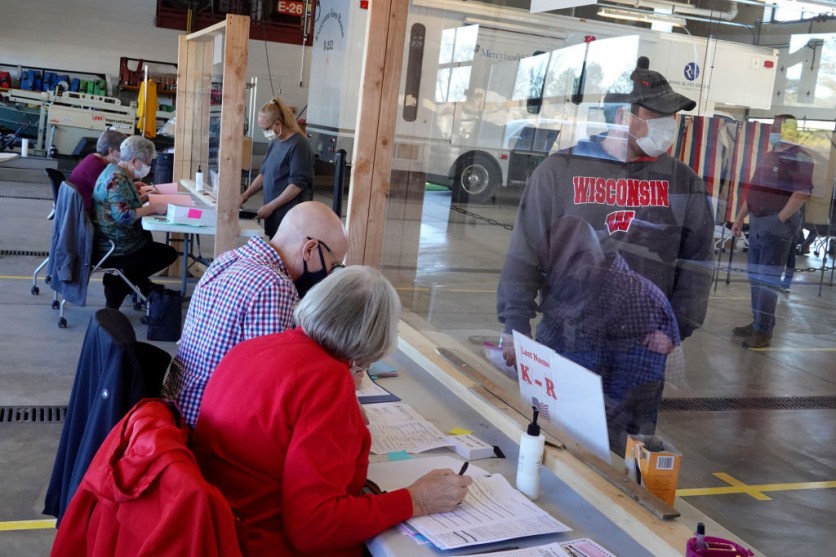A new study has developed an artificial intelligence model that can predict a person's political beliefs through facial recognition technology; all it takes is analyzing images of an expressionless face.
The study, published in the prestigious journal American Psychologist, shows that AI systems can correctly anticipate an individual's political views. This is a remarkable achievement when contrasted with other factors like the association between alcohol use and aggression or the predictability of job interview results on job performance.

According to Michal Kosinski, the study's primary author and participant in the conversation with Fox News Digital were 591 participants in the trial. Before anything else, the participants were asked to answer questions about their political philosophies.
Afterward, a machine learning algorithm extracted what Mr. Kosinski called a numerical "fingerprint" from photographing the participants' faces. After that, a database with their survey replies was compared to this data, which allowed for the accurate prediction of their political opinions.
With a correlation coefficient of.22, the researchers discovered that the facial recognition algorithm could foresee political leaning. Even though it was small, this correlation was statistically significant and revealed that, apart from age, gender, and ethnicity, certain stable facial traits may be associated with political attitudes.
Read Also: US AI Legislation Proposals Draw Criticism From Citizens and Companies Alike
AI-Powered Facial Recognition
Sources indicate that artificial intelligence in the form of facial recognition technology uses patterns based on facial traits to identify and authenticate people. Fundamentally, the technology assesses different features of the face, like the contour of the cheekbones, the curve of the jawline, and the distance between the eyes, by using algorithms to identify people in photos or video feeds.
These measurements are converted into a face signature or a mathematical formula. This signature can be utilized in many ways, from security systems and cellphone unlocking to tagging friends on social networking, including matching it against a database of recognized faces.
The new study shows that facial recognition technology is becoming more widely utilized in both the public and private sectors, raising the prospect that it will be used for tasks other than identification, like predicting political leaning or other personal characteristics.
AI Predicts Voting Behavior
This is not the first time AI has demonstrated its political predictive capabilities; most notably, last year, a study showed it is also capable of predicting election outcomes and voter behavior.
Professors and graduate political science and computer science students at Brigham Young University (BYU) investigated in 2023 how well a GPT-3 language model simulated the complex interplay between human beliefs, attitudes, and sociocultural settings of subpopulations.
The researchers assessed the accuracy with which the AI answered difficult survey questions. They discovered that subtle patterns in reactions between AI and humans are very comparable.
In one experiment, the scientists created artificial individuals with various characteristics, including age, race, religion, and beliefs. Next, they investigated whether AI could cast votes in the 2012-2020 US presidential elections like actual people did.
Using a database known as the American National Election Studies, they compared the votes cast by the computer program to the ballots cast by actual voters in those elections. The votes cast by the computer program and those cast by actual individuals matched fairly well.
Related Article : Meta AI Chatbot Filtering Election-Related Queries Amid Gen
Read also: eral Elections in India

ⓒ 2025 TECHTIMES.com All rights reserved. Do not reproduce without permission.




